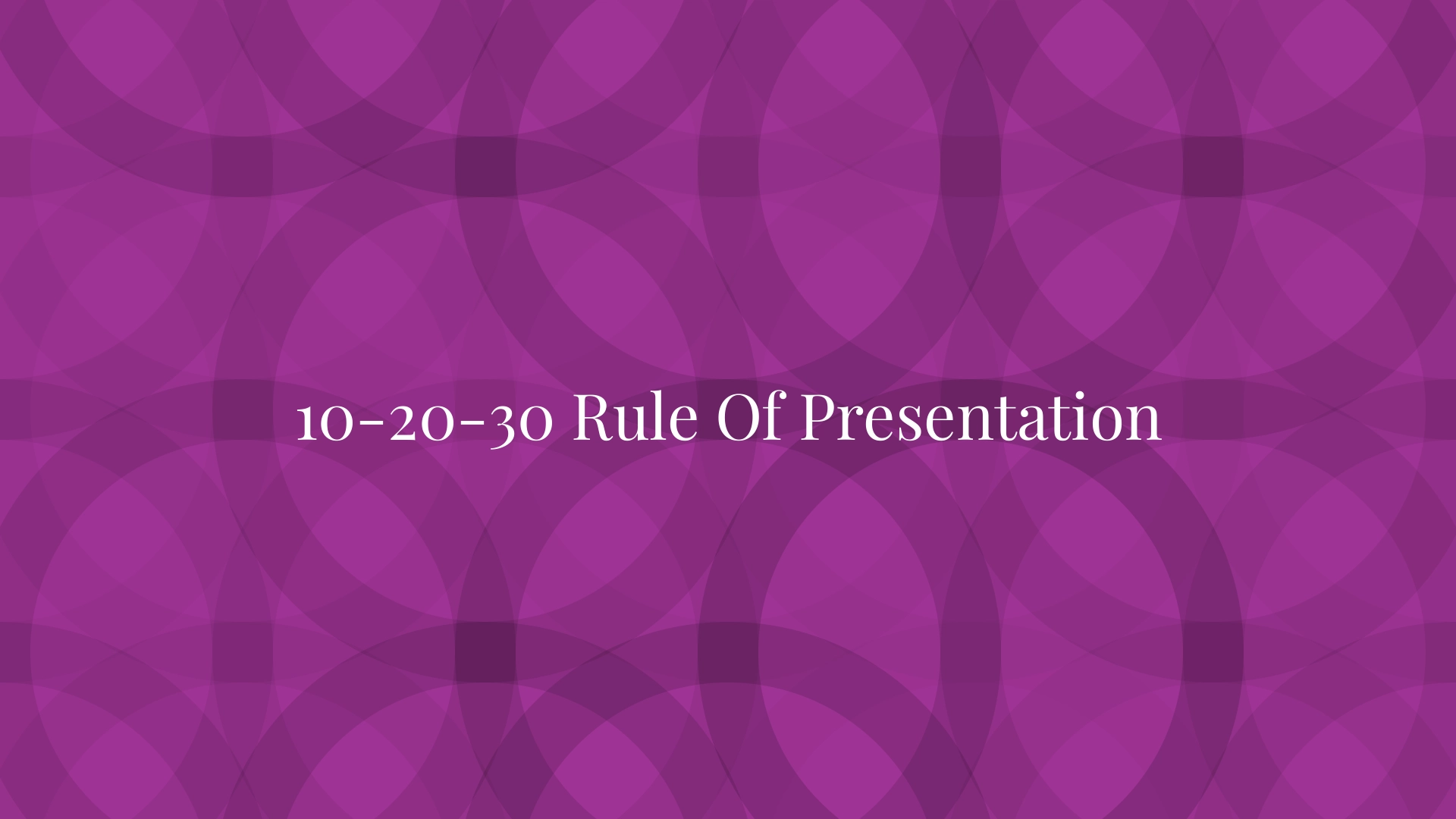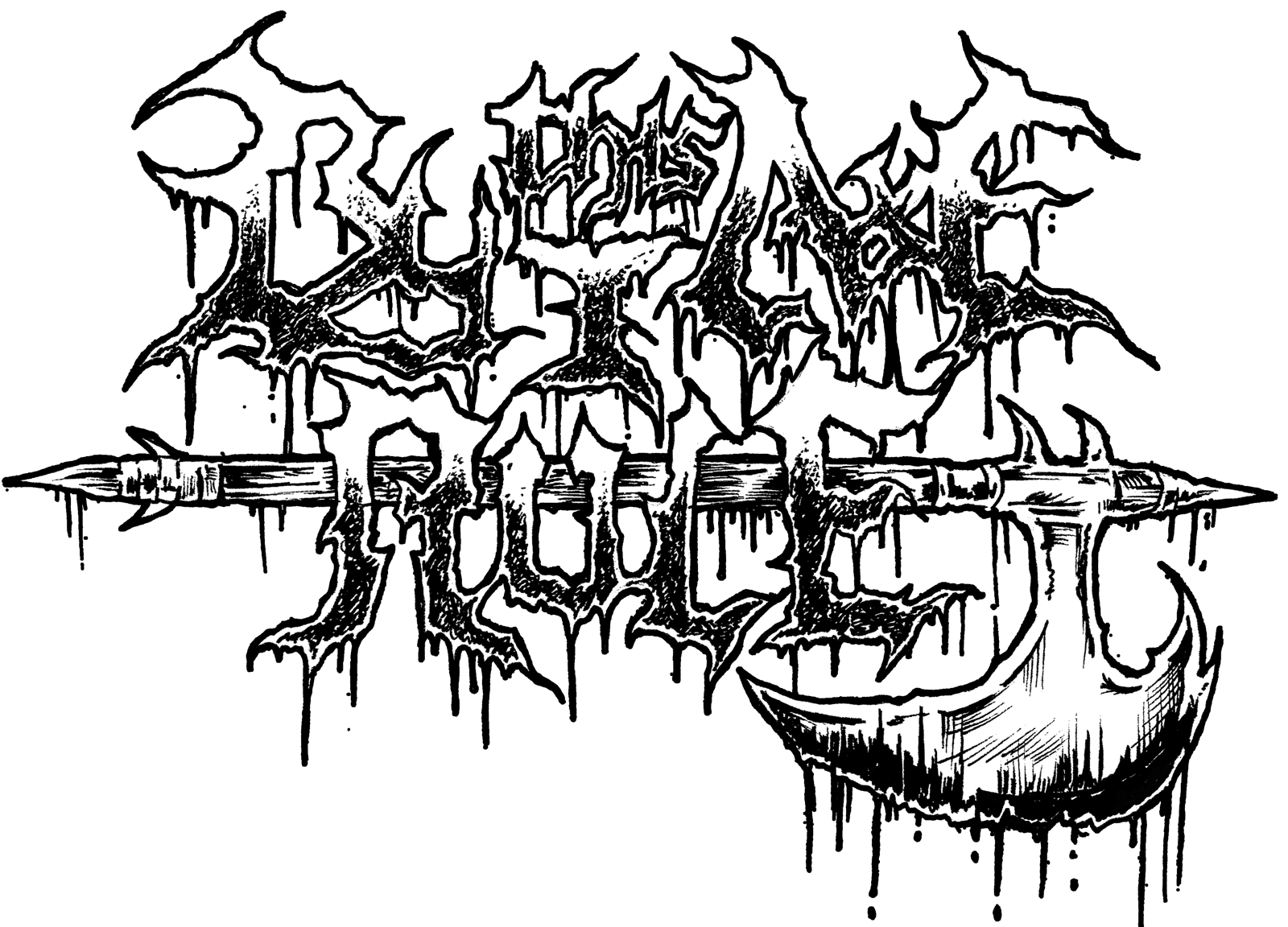From the simplest household guidelines to complex legal frameworks, rules are omnipresent and shape how individuals interact with one another. Whether it’s a rule that governs traffic flow or one that dictates workplace ethics, understanding the purpose and function of rules is essential for maintaining harmony and efficiency. This article dives deep into the concept of "rule," exploring its significance, types, and practical applications in various contexts. By the end, you’ll have a clear understanding of why rules are indispensable and how they impact our daily lives. The term "rule" often evokes a sense of restriction, but its true essence lies in providing structure and clarity. Rules help define boundaries, establish expectations, and create a framework for resolving conflicts. Without rules, chaos would reign supreme, making collaboration and progress nearly impossible. From childhood games to global governance, rules are the backbone of organized systems. This article will explore how rules are crafted, enforced, and adapted over time to meet the evolving needs of society. By examining real-world examples and expert insights, we aim to demystify the concept of rules and highlight their role in fostering trust and accountability. As we delve deeper into the topic, you’ll discover how rules influence decision-making, shape cultural norms, and even impact technological advancements. This guide is designed to provide a holistic view of the subject, ensuring you walk away with actionable insights and a newfound appreciation for the role of rules in modern life. Whether you’re a student, professional, or simply a curious reader, this article will equip you with the knowledge to understand and apply rules effectively in various scenarios. Let’s begin this journey by exploring the fundamental question: What exactly is a rule, and why does it matter?
Table of Contents
- What Exactly Is a Rule, and Why Does It Matter?
- How Are Rules Created, and Who Decides What Constitutes a Rule?
- Types of Rules and Their Applications in Daily Life
- Why Do Some People Resist Following Rules?
- Can Rules Evolve Over Time to Meet Changing Needs?
- The Role of Rules in Technology and Innovation
- How to Enforce Rules Effectively in Any Setting
- Frequently Asked Questions About Rules
What Exactly Is a Rule, and Why Does It Matter?
A rule can be defined as a principle or regulation that governs behavior, actions, or processes within a specific context. Rules are designed to provide clarity, consistency, and fairness, ensuring that individuals or groups adhere to agreed-upon standards. They can be formal, such as laws enforced by governments, or informal, like unwritten social norms that guide interpersonal interactions. Regardless of their form, rules serve as a foundation for order and predictability.
Why do rules matter? The answer lies in their ability to prevent chaos and promote cooperation. Imagine a world without traffic rules—accidents would skyrocket, and commuting would become a nightmare. Similarly, in workplaces, rules ensure that employees understand their roles and responsibilities, fostering productivity and reducing conflicts. Rules also play a crucial role in maintaining ethical standards, holding individuals accountable for their actions, and protecting the rights of others. By setting clear expectations, rules create an environment where trust and collaboration can thrive.
Read also:Discovering The Beauty Of Somali Wasmo A Cultural Exploration
How Rules Shape Cultural Norms
Rules are deeply intertwined with cultural values and traditions. For instance, in some cultures, rules dictate how individuals greet one another, while in others, they govern dining etiquette. These unwritten rules, often passed down through generations, help preserve cultural identity and foster a sense of belonging. They also serve as a guide for newcomers, helping them integrate into the community seamlessly.
Why Are Rules Essential in Decision-Making?
Rules simplify complex decision-making processes by providing a framework for evaluating options. For example, in business, rules such as budgetary constraints or compliance requirements ensure that decisions align with organizational goals. Similarly, in personal life, rules like "spend within your means" or "prioritize health over convenience" help individuals make choices that align with their long-term well-being.
How Are Rules Created, and Who Decides What Constitutes a Rule?
The creation of rules is a dynamic process that varies depending on the context and stakeholders involved. In formal settings, such as governments or corporations, rules are typically established through a structured process involving research, consultation, and approval. For instance, laws are drafted by legislators, debated in parliament, and enacted after receiving public or institutional consent. Similarly, corporate policies are often developed by management teams in collaboration with legal advisors and employee representatives.
In informal settings, rules emerge organically based on societal needs and shared values. For example, community groups may create rules to address local concerns like noise levels or waste management. These rules are often enforced through social pressure rather than legal mechanisms, relying on collective agreement to ensure compliance. The key takeaway is that rules are not arbitrary; they are shaped by the needs, values, and priorities of the people they serve.
Who Has the Authority to Create Rules?
The authority to create rules depends on the context. In legal systems, governments hold the power to enact laws, while regulatory bodies oversee specific industries. In organizations, senior leadership or boards of directors are typically responsible for establishing policies. On a smaller scale, individuals or groups can create rules for their own environments, such as households or social clubs. The legitimacy of a rule often hinges on the perceived authority of its creator and the level of consensus among those affected.
What Makes a Rule Effective?
An effective rule is clear, enforceable, and aligned with its intended purpose. Ambiguity can lead to confusion and non-compliance, while overly restrictive rules may provoke resistance. For example, a workplace rule that bans personal phone use during meetings is straightforward and easy to enforce. On the other hand, a vague rule like "be professional" may leave employees unsure of what is expected. Effective rules also consider the needs and perspectives of those they impact, ensuring fairness and buy-in.
Read also:What Is Teligram Link And How Can You Use It Effectively
Types of Rules and Their Applications in Daily Life
Rules can be categorized into various types, each serving a unique purpose and application. Understanding these categories helps us appreciate the diversity and versatility of rules in different contexts.
Legal Rules
Legal rules, such as laws and regulations, are formalized guidelines enforced by governmental authorities. They govern everything from criminal behavior to business operations, ensuring societal order and protecting individual rights. For example, traffic laws dictate speed limits and right-of-way rules, reducing accidents and promoting road safety.
Social Rules
Social rules are informal guidelines that dictate acceptable behavior within a community or culture. These rules are often unwritten but widely understood. Examples include saying "please" and "thank you," dressing appropriately for occasions, or respecting personal space. Social rules help individuals navigate interpersonal relationships and avoid misunderstandings.
Organizational Rules
In workplaces and institutions, organizational rules outline expectations for conduct, performance, and accountability. These rules may include dress codes, attendance policies, and ethical guidelines. By setting clear standards, organizations can foster a productive and harmonious environment.
Why Do Some People Resist Following Rules?
Resistance to rules is a common phenomenon that can stem from various factors. Understanding the reasons behind this resistance is crucial for addressing non-compliance effectively.
Perceived Injustice
One of the primary reasons people resist rules is the perception of unfairness. If a rule is seen as biased or overly restrictive, individuals may feel compelled to challenge or ignore it. For example, employees may resist a rule that disproportionately affects one group over another, viewing it as discriminatory.
Lack of Clarity
Ambiguous rules can lead to confusion and frustration, prompting individuals to disregard them altogether. Clear communication and consistent enforcement are essential to minimize resistance and ensure compliance.
Can Rules Evolve Over Time to Meet Changing Needs?
Yes, rules are not static; they can and do evolve to adapt to new circumstances and societal changes. This adaptability is crucial for ensuring that rules remain relevant and effective.
How Technology Influences Rule Evolution
Technological advancements often necessitate changes in rules. For example, the rise of social media has led to new guidelines for online behavior, such as anti-cyberbullying laws. Similarly, innovations in transportation have prompted updates to traffic regulations.
Examples of Rule Evolution
Historically, many rules have evolved to reflect changing societal values. For instance, workplace rules have shifted to accommodate remote work arrangements, while environmental regulations have become stricter to address climate change concerns.
The Role of Rules in Technology and Innovation
Rules play a pivotal role in shaping technological advancements and fostering innovation. By providing a framework for ethical and responsible development, rules ensure that technology benefits society as a whole.
Regulating Emerging Technologies
As new technologies emerge, rules are essential for addressing potential risks and ethical dilemmas. For example, regulations governing artificial intelligence aim to prevent misuse and ensure transparency.
Encouraging Innovation Through Rules
Rules can also promote innovation by setting standards and benchmarks. For instance, industry regulations often encourage companies to adopt best practices, driving continuous improvement and technological progress.
How to Enforce Rules Effectively in Any Setting
Effective enforcement of rules requires a combination of clear communication, consistent application, and appropriate consequences for non-compliance.
Strategies for Rule Enforcement
- Clearly communicate the rule and its rationale.
- Ensure consistency in enforcement to avoid perceptions of favoritism.
- Provide training or resources to help individuals comply.
Addressing Non-Compliance
When rules are broken, it’s important to address the issue promptly and fairly. This may involve issuing warnings, imposing penalties, or offering corrective guidance, depending on the severity of the violation.
Frequently Asked Questions About Rules
What Happens When Rules Are Broken?
When rules are broken, consequences depend on the nature of the rule and the context. For legal rules, penalties may include fines or imprisonment. In informal settings, breaking a rule might result in social ostracism or loss of trust.
Can Rules Be Too Strict?
Yes, overly strict rules can lead to resistance and decreased morale. Striking a balance between structure and flexibility is key to ensuring compliance and maintaining harmony.
How Can I Create Effective Rules for My Team?
To create effective rules, involve team members in the process, ensure clarity, and align rules with organizational goals. Regularly review and update rules to reflect changing needs.
In conclusion, rules are an integral part of our lives, shaping behavior and fostering order in diverse contexts. By understanding their purpose, types, and applications, we can appreciate their value and apply them effectively. Whether you’re navigating personal relationships, professional environments, or societal systems, rules provide the structure needed for success. For further reading, check out this external resource on the importance of rules in governance and ethics.


